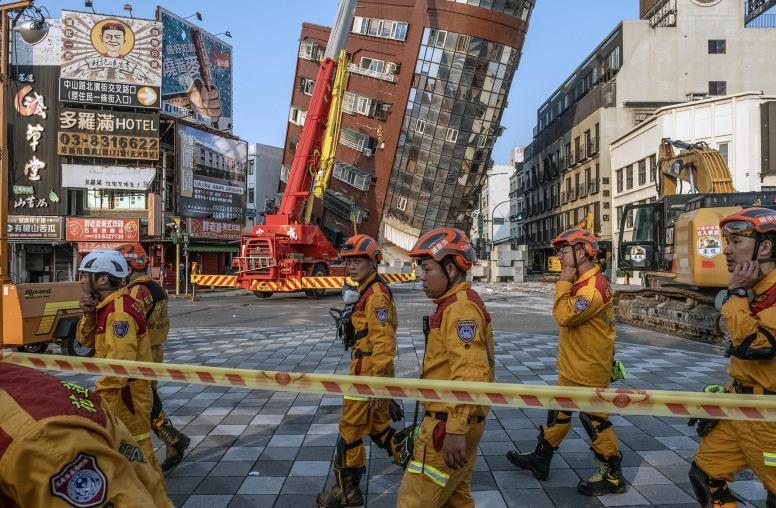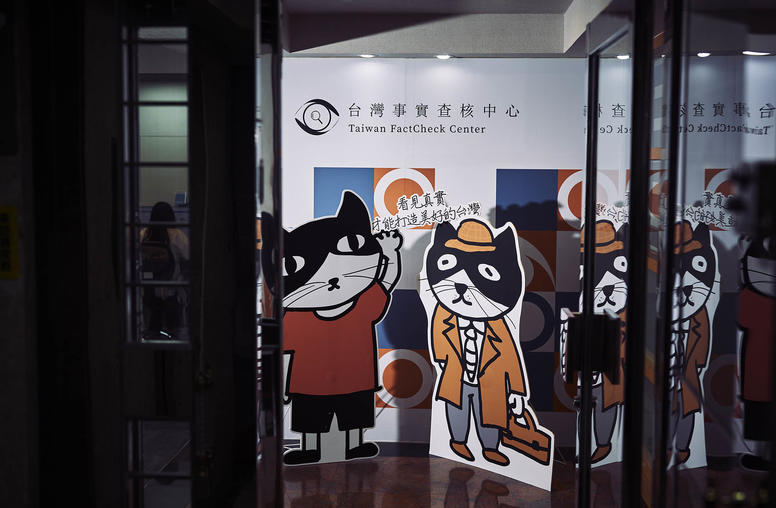Publications
Articles, publications, books, tools and multimedia features from the U.S. Institute of Peace provide the latest news, analysis, research findings, practitioner guides and reports, all related to the conflict zones and issues that are at the center of the Institute’s work to prevent and reduce violent conflict.

Five Factors Shaping the Future of Egypt-Israel Relations
The Gaza war has strained Egyptian-Israeli relations to an unprecedented level and raised questions about the future of their 1979 peace treaty that has been a cornerstone of Arab-Israeli peace. U.S. officials met recently in Cairo with their Israeli and Egyptian counterparts against a backdrop of mutually diminishing confidence between the two parties, particularly following Israel’s ground offensive in Rafah. This comes on the heels of a shooting incident between Israeli and Egyptian forces that left at least one Egyptian soldier dead, and Egypt joining South Africa’s case against Israel at the International Court of Justice (ICJ). Along with Qatar, Egypt is a key broker in the current Israel-Hamas cease-fire efforts and engages in extensive security cooperation with the U.S. and Israel.

Vietnam’s Paradox: Domestic Tumult, Diplomatic Consistency
Last September, President Biden and Vietnamese General Secretary Nguyễn Phú Trọng announced a new Comprehensive Strategic Partnership, raising U.S.-Vietnam relations to their highest level ever. Yet domestic politics in Vietnam have been rocky, with numerous leadership changes and increasing restrictions on civil society — raising uncertainty within Vietnam’s usually stable political system.

Boiling the Frog: China’s Incrementalist Maritime Expansion
For over three decades, Beijing has deployed an initially slow but now accelerating campaign to degrade Philippine maritime rights and access in the West Philippine Sea. This long-term effort has been characterized by often seemingly benign actions and even conciliatory rhetoric interspersed with escalatory words and deeds designed to test the thresholds of neighbors and allies. Today, China’s rising aggression in the West Philippine Sea and broader South China Sea has pushed the region to the precipice of conflict.

Venezuela’s Election Outcome Isn’t a Done Deal Just Yet
With less than two months before Venezuela’s presidential election, President Nicolas Maduro faces a stark choice. Should he be beaten at the polls, as opinion surveys suggest he will be, Maduro could concede defeat and negotiate a transfer of power with safeguards against legal persecution. Or he could try to steal or invalidate the election. Most observers assume Maduro will opt for the latter, but doing so could put him at even greater personal risk.

Stress Test: the April Earthquake and Taiwan’s Resilience
On April 3, Taiwan experienced its most powerful earthquake since 1999. The earthquake struck the east coast county of Hualian and was felt across the entire island, including the capital Taipei City. At least 18 people were reported dead and more than 1,100 people were injured. Taiwan’s high level of earthquake preparedness stems from its familiarity with seismic activity and most importantly, lessons learned from several catastrophic earthquakes over the past two decades.

Taiwan’s Democracy Prevailed Despite China’s Election Interference
The election of Lai Ching-te, or William Lai, as Taiwan’s next president despite firm opposition from China is a positive sign that democracy is alive and well on the island nation. Nevertheless, the fact that Lai, whom China has deemed a “troublemaker” and “separatist,” won by a narrow margin, and his Democratic Progressive Party (DPP) lost its majority in the Legislative Yuan, will be seen in Beijing as an acceptable outcome, as it restricts Lai’s ability to advance his agenda and reveals the limits of the DPP’s appeal.

Taiwan’s New President Faces Tensions with China and Domestic Division
Over four months after winning Taiwan’s presidential election, William Lai Ching-te from the ruling Democratic Progressive Party (DPP) officially took office on May 20. Beijing fiercely criticized Lai’s inaugural address and conducted military drills and patrols around Taiwan in a bid to “punish” Lai for failing to heed China’s preferred positions. In the days following the speech, Lai also faced challenges at home, as opposition parties in Taiwan’s legislature passed a set of reform bills that critics warn could increase China’s ability to interfere in Taiwan’s domestic affairs.

After Taiwan’s Election, China Is Now Ratcheting Up the Pressure
Beijing is intensifying its pressure on Taiwan’s freshly elected president, William Lai Ching-te. Instead of relying on conventional military or economic pressures, however, Beijing has employed multifaceted tools of coercion to demonstrate disapproval of the January election results. Although China is carefully calibrating its behavior to avoid provoking Taipei or the United States, Beijing’s efforts to gradually change the status quo and erase the traditional boundaries between Taiwan and China could lead to escalated tensions and unintentional conflict.

What Does the Xi-Ma Meeting Mean for Cross-Strait Relations?
Chinese leader Xi Jinping held talks on April 10 with former Taiwan president Ma Ying-Jeou in Beijing’s Great Hall of the People. The meeting came as tensions between Beijing and Taipei remain high, particularly following Taiwan’s election at the beginning of the year, which saw pro-sovereignty candidate William Lai Ching-te win a historic third term for the ruling Democratic Progressive Party (DPP). Ma served as president from 2008 to 2016, is a member of the Nationalist (KMT) party and is known for advocating closer ties with mainland China.

From Dams to Data: China’s Shifting Interests in Central America
China continues to face economic headwinds, marked by reports this week of a protracted property slump. To address its mounting economic and financial challenges, Beijing is implementing a new industr